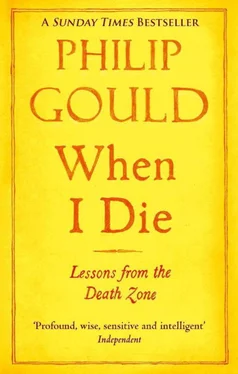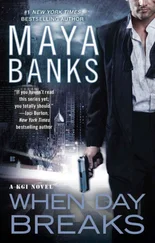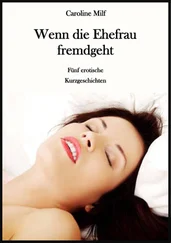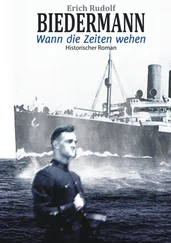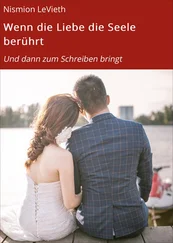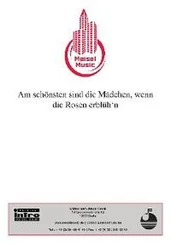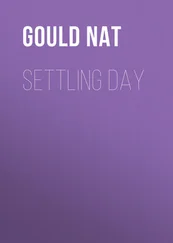After exactly three weeks, and exactly according to Mike’s plan, I left the hospital and went to the flat in Newcastle where I was to stay for another month. The snows came and lay a foot or so deep on the streets, making walking hard but the views beautiful. There are worse places to be than Newcastle at Christmas time.
Towards the end of December came the histology meeting. This is the report of the forensic examination of the tissues that determines your prognosis.
On one level I was optimistic about it. I believed that having gone through all this treatment, I would be OK, and I did not see how the pre-testing would have missed the spread of cancer. But on another I was uneasy. In medicine – like politics – good news travels fast. I was aware that the report would have been available for a while and I felt no indications at all that it was positive.
Mostly, though, both Gail and I were so numbed that we were almost beyond caring. The last eight weeks had been traumatic and this was perhaps the twentieth time we had arrived for one of these life or death meetings. We were exhausted.
We arrived at the hospital and met Sarah, Mike’s deputy consultant, on her way out. She was warm enough but seemed distant, and I felt an intimation that all might not be well. We sat in the waiting room and the meeting was an hour late in starting, something else that did not feel right.
Mike came in with Claire, a specialist nurse I had become close to. He started with a rather abstract discussion of my general condition, how I felt, how my feeding was going, what my symptoms were. This was not going well: good news always comes early in these meetings, it’s not left to the end. And he was low, his normal sparkle missing.
Then he said, ‘Let’s move on to the histology.’ He said the margins were good although tight, the tumour had been removed, but the cancer had been more prevalent than expected, had taken hold more deeply. Seven of the twenty-three lymph nodes extracted had been contaminated with cancer.
Seven.
I felt slightly sick. I knew this was very, very bad.
He said there was a very high chance that the cancer would come back. I asked what my chances were: still 25 per cent? No, he said, more like 20 per cent, but he looked to the ground and rather mumbled as he spoke, obviously not really believing it. If I took chemo-radiotherapy then that might add another 10 to 15 per cent, but again he did not say this with great conviction.
I turned and looked him straight in the eye. ‘Is it going to come back?’ I asked. ‘Yes,’ he said, ‘it is likely that it will.’
By now the mood in the room was becoming dark. Mike was low, Claire subdued and Gail shell-shocked. I did my best to lift spirits, but failed. We left.
‘That didn’t go so well,’ I said to Gail. ‘No, not perfectly,’ she said. We walked on, knowing the future had changed once more.
I told the kids honestly that the prognosis was not good.
A few days later Gail left. Georgia came up and we went to a discharge meeting with Mike. This time our mood had lifted and we were pretty buoyant. Mike told Georgia the unvarnished truth about my situation, and she took it well, seduced in part by the positivity of our shared mood.
A couple of days afterwards Georgia and I went to a coffee morning that Mike and Claire organise each year. We expected to find twenty people sitting around chatting in a side room somewhere. In fact, eight hundred people turned up, completely filling the Newcastle Civic Centre.
Eight hundred people whose lives had been touched by Mike and his team.
The longest surviving patient had had his operation performed twenty years ago, just a few years after the unit started. It was as if Mike could see the whole of his life’s work in front of him. If only politics could be so unambiguously virtuous.
We sat at a table with a group of cancer survivors from South Shields. They were warm and direct, tolerating no nonsense. They immediately took me in hand. We talked about what cancer meant to them. And it was, in essence, what it had meant to me: finding a way to deal with the fears of the night; the importance of community and collective support; the need to be positive and optimistic. Above all was the recognition that cancer is cruel, but it also has the power to change people’s lives. It had obviously changed theirs.
They had set up an oesophageal cancer self-help group in South Shields that met in a pub once a week, and had an outreach programme for other cancer survivors. They invited me to visit, and I said one day I hope I will. Although miles apart geographically, we shared the same perceptions of cancer and how to fight it. I felt part of a shared journey.
We spent Christmas out of London in the snow. Just us and the kids. There was no hiding here, we all knew the situation. The family was under strain but we were close.
Georgia had taken the original diagnosis hard, and tended not to want to discuss my cancer with me. She had just wanted to be happy and positive and helpful, and seemed to feel that any sign of sadness would betray her anxiety. The problem was too deep to discuss. But Newcastle had released her. Now she accepted cancer and the reality of my situation, and could openly face and talk about it.
Grace was different – only too happy to talk about the cancer, wanting facts not flim-flam: she wanted data, actual percentages, real lengths of time. And, consummate at black humour, she could joke about it. She talked about it all openly from the start. I think, though, that she was set back by the recurrence; it was not something she had thought would happen.
I hoped and believed that my relationship with my children was deepening all the time. We implicitly decided to bring the future forward, to compress ten years or so into one.
The kids sucked me dry. Georgia wanted to know all about the way I thought. How did I develop a concept? What were my values? Why did I believe what I believed? Grace wanted hard, usable, practical advice. At one stage she asked me to write down every likely eventuality that might befall her, and supply a satisfactory answer. Facing the possibility of my departure, she wanted a handbook for life.
With the children all this was in a way easier than it might have been. It is in the nature of things that children outlive their parents. There is a point of natural parting.
For Gail it was different. She did not want intensity, or purpose, or accelerated living, she wanted quiet and normality – not the future brought forward but the present extended. She had always envisaged a future free from work where we would just potter around, grow old as companions.
We had known each other so long that we had created a kind of shared world. After her husband died, Katharine Whitehorn wrote: ‘Marriage is the water in which you swim, the land you live in, the habits, the assumptions you share.’ Pottering around in later life seems the easiest thing to achieve. But now it was something I simply could not guarantee. This was the hardest thing to bear, and it does not get much easier.
In London we went to see David Cunningham. Gail had with her Mike’s discharge report, which she had been discreetly keeping from me. I grabbed it and read it, seeing his crucial summation: ‘Philip Gould has a very poor prognosis… The patient is aware he has only a slim chance of a cure.’ Hearing this is one thing, reading it quite another. I felt chilled.
We went in to see David, who was as always positive but never dishonest. He said the next step would be chemo-radiation, which would last six weeks and would involve radiation on a daily basis except weekends. Later we would explore genetic and DNA diagnosis, to see if some kind of experimental cure might be possible in the event of recurrence.
Читать дальше
